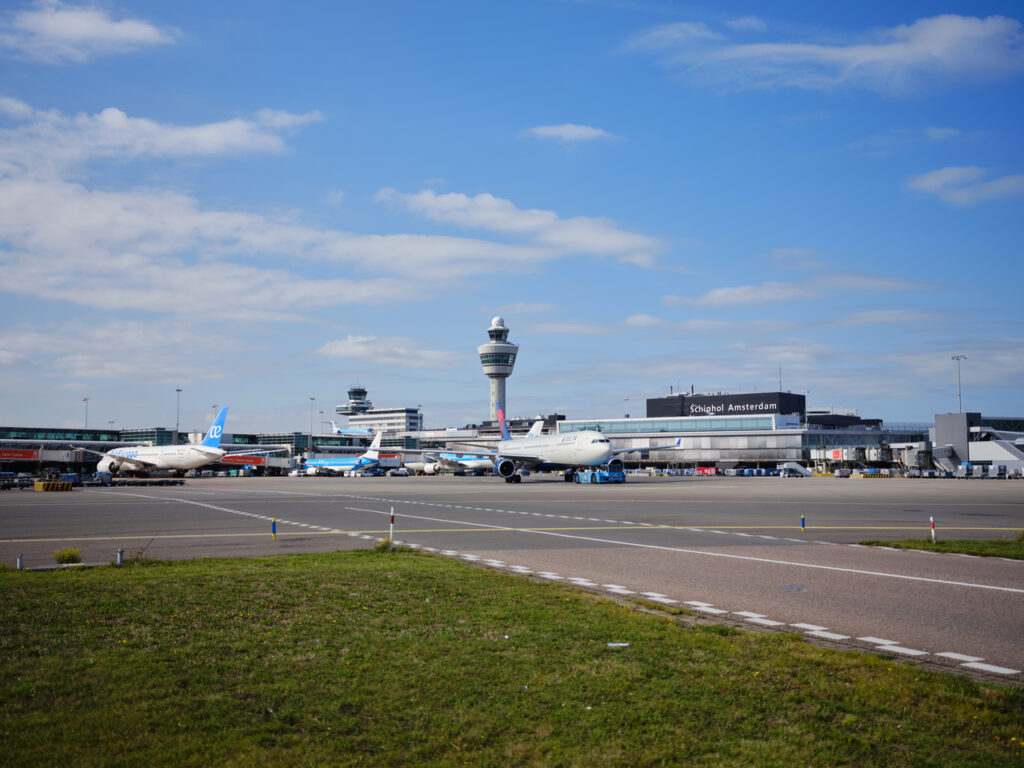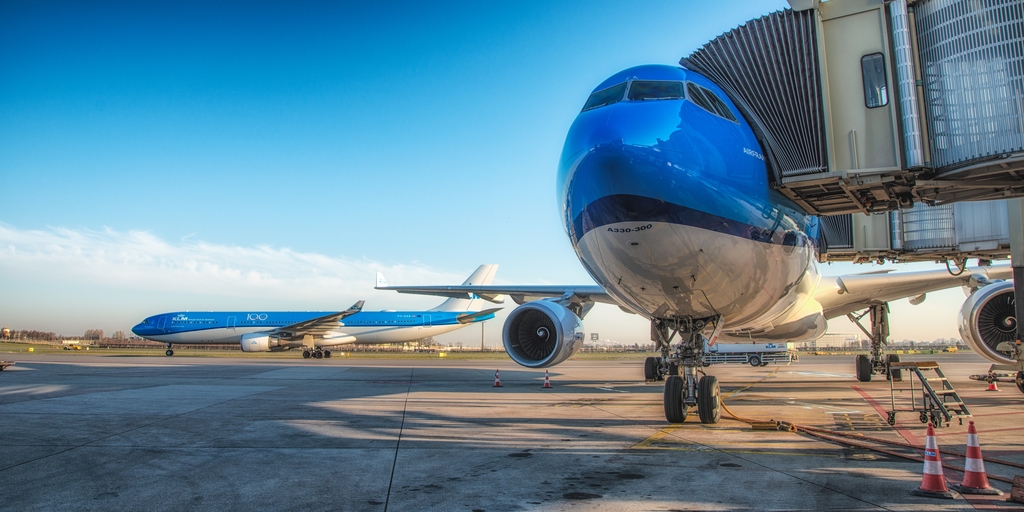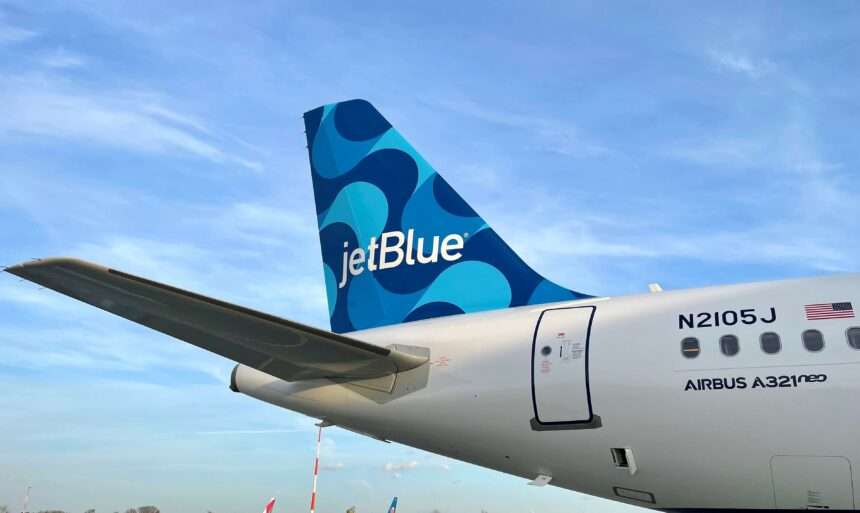The International Air Transport Association (IATA) and a group of airlines are planning to mount a legal challenge to the Dutch government’s sudden decision to reduce Schiphol airport’s capacity.
At present, Amsterdam Schiphol Airport is already restricted to 500,000 flights annually. IATA say that the government’s decree would renege on that agreement, reducing Schiphol connectivity to 460,000 flights from November 2023.
Airlines joint statement
KLM Group, Delta Air Lines, Corendon, easyJet and TUI have now issued a joint statement advising that they are joining forces to take summary proceedings against the Dutch government in a bid to keep the Netherlands connected to the rest of the world via Schiphol Airport.
The statement by the airlines concerned follows closely after the release of a statement made by the International Air Transportation Authority (IATA), which contended that the proposed restrictions contravene EU Regulations.
The airlines will challenge the government’s unilateral decision to significantly cut flight movements at Schiphol.
They state that are confident they can reduce noise levels and CO2 emissions while maintaining a network of destinations for the millions of passengers and tonnes of cargo they carry annually to and from Schiphol.

The airlines have already made multi-billion euros investments to meet near- and long-term goals in line with their own decarbonization trajectories as well as government policies.
They contended that the government’s justification hinges on operational restrictions with no consideration of alternative workable solutions to effect noise reduction.
In addition to negatively impacting the Dutch economy, the capacity reduction would significantly reduce travel options and connectivity for consumers.
The airlines maintain that, along with violating national, European and international legislation, the decision is unnecessary, saying that it is “damaging and lacks proper substantiation.”
The joint statement by the airline group states that “the airline industry is already achieving significant results in relation to reducing CO2 emissions and lowering noise levels.”
For these reasons, KLM, KLM Cityhopper, Martinair, Transavia – all part of Air France-KLM Group – as well as Corendon, Delta Air Lines, easyJet and TUI are urging the courts to safeguard the future capacity of Schiphol Airport.
The KLM Group, which accounts for close to 60% of traffic at Schiphol, initiated this legal action in line with parent company Air France-KLM Group’s position on the matter.
Contravention of EU Regulations?
IATA and the global airline community believe that this political decision by the Dutch government contravenes EU Regulation 598/2014 on noise-related operating restrictions at EU airports.
According to the IATA statement, the intended move also disregards the Chicago Convention, a binding international agreement to which the Netherlands is a signatory.
Annex 16 of the Convention contains provisions for The Balanced Approach to Aircraft Noise Management which states are obligated to follow when taking measures to managing the noise impacts of aviation.
Key requirements of EU Regulation 598/2014 and the Balanced Approach are:
- Consultation with affected parties
- The use of flight reductions only as a last resort
- Balancing the needs and concerns of local residents, the environment and the local economy for aviation’s economic and social benefits.
IATA believes that the decision to cut capacity at Schiphol fails to meet these requirements because:
- No meaningful consultation was undertaken with industry
- Flight reductions are being imposed as a first resort, rather than as a last resort
- The need to restore the economic damage to the aviation industry of the Netherlands is not being addressed. Pre-pandemic, aviation supported some 330,000 jobs and $30 billion of economic activity in the Netherlands.
IATA statement
“The Netherlands is handicapping its economy by destroying connectivity. And it is doing it in contravention of EU law and its international obligations.”
“The job-destroying hostile approach to aviation that the Dutch government has chosen is a totally disproportionate response to managing noise.”
“The government has even refused to engage in meaningful consultations and made flight reductions the goal, rather than working with industry to meet noise and emissions reduction goals while restoring employment and revitalizing the post-pandemic economy.”
“The dangerous precedent that this illegal approach creates left no choice but to challenge them in court,” said Willie Walsh, IATA’s Director General.
The airline industry continually deploys quieter aircraft, reducing noise levels by 50% in the last decade.
The investment in new fleet also plays a significant role in meeting the aviation industry’s commitment to reduce its CO2 emissions to net zero by 2050, as set out in a Resolution at the IATA AGM in 2021.
The industry’s robust plan for reducing CO2 includes the uptake of Sustainable Aviation Fuels, of which airlines operating in and to the Netherlands have been among the leading users.
The importance of Schiphol Airport
Amsterdam Schiphol Airport is one of the largest airports in Europe and the main international airport of the Netherlands.
Schiphol Airport is incredibly important to the Netherlands, both in terms of its role in the country’s economy and its position as a major international gateway.
Firstly, the airport is a major economic contributor to the Netherlands. It employs thousands of people and generates significant revenue for the country.
In 2019, the airport’s total contribution to the Dutch economy was estimated to be around €9.4 billion.
Secondly, Schiphol Airport is a crucial transportation hub for the Netherlands, connecting the country to the rest of Europe and the world.
The airport serves as a gateway for millions of tourists and business travellers every year, and is an important part of the country’s infrastructure.
Overall, Schiphol Airport plays a vital role in the Netherlands, both economically and as a transportation hub. Its importance to the country cannot be overstated.









